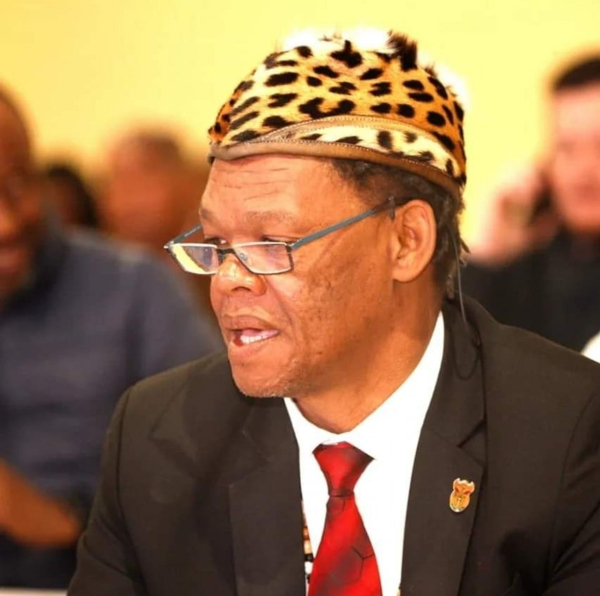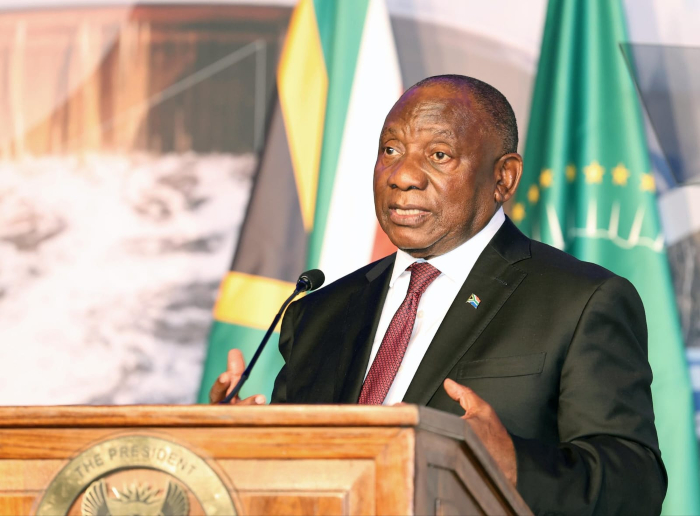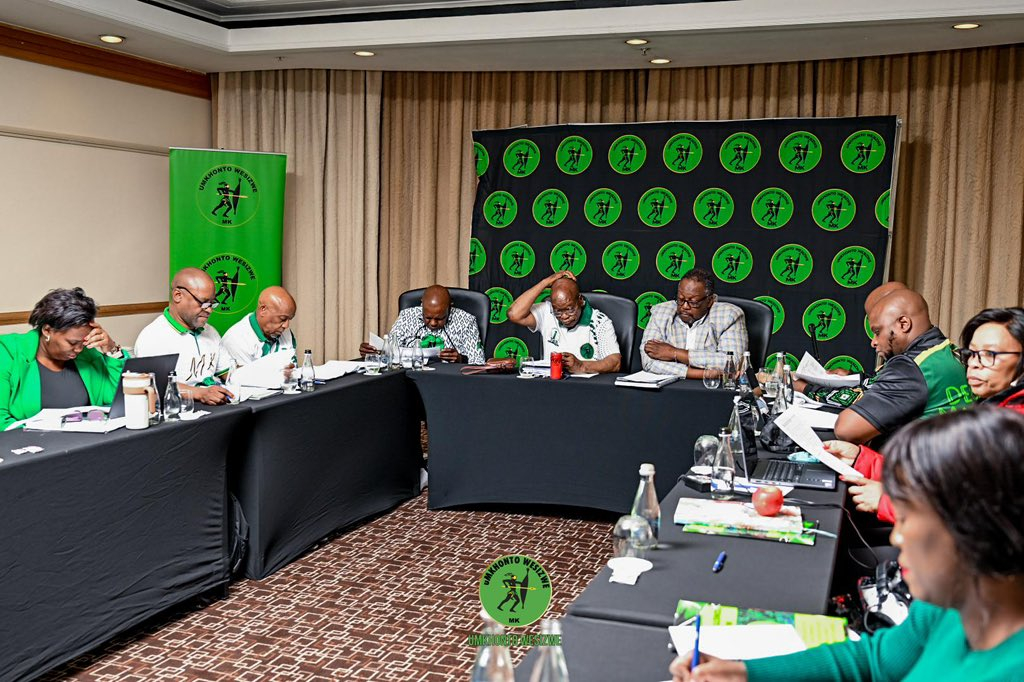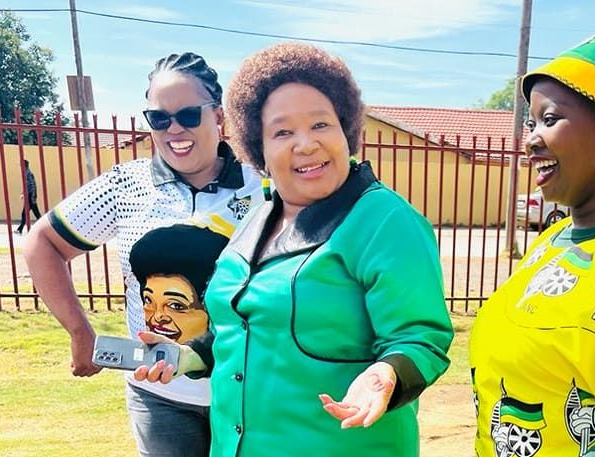A Khoisan delegation has asked to meet up with US President Donald Trump in order for him to assist them in receiving recognition for indigenous injustices and discuss land expropriation. This comes days after AfriForum leaders met with senior members of the Trump Administration after claiming that the Afrikaner community in South Africa is under attack due to the killing of white farmers and the new land policies.
CALLING ON TRUMP
Last month, Trump made a bold statement and claimed that certain classes of people in South Africa were being treated very badly. The Khoisan people are now calling on Trump for recognition. According to Khoisan leader and activist Christian Martin, representing the Cape Khoi, the Oeswana San, the Korana, the Griqua, and the Nama, they want to set the record straight on the Land Expropriation Act. They have sent a memorandum urging Trump to take Britain and Portugal and the apartheid government to the World Court to address injustices committed against the Indigenous group. The US has acknowledged the memorandum from the group. "As the Khoi and San indigenous peoples, we find it imperative to remind the Trump administration that the complainants, Solidarity and AfriForum, are often silent regarding their own historical actions involving the expropriation of land from indigenous people without compensation,' the memorandum reads. "The very practices these organisations now decry were once perpetrated against our ancestors by the British and Portuguese colonial forces as well as the South African apartheid government.'
HELP!
The leader said Khoisan people also cited the need to be part of the conversation about the Expropriation Act. "We urge the Trump administration to recognise that to genuinely assist South Africa, it should explore the possibility of taking the British and Portuguese colonial rulers as well as apartheid regimes to the International Court for crimes against humanity and genocide,' he said in the memorandum. "This would serve as a vital step toward acknowledging the suffering endured by the Khoi, San, and other indigenous communities and lead to a broader conversation about reparations.' In conclusion, they called upon the Trump administration, Solidarity, and AfriForum to critically engage with the history of land dispossession in South Africa. "Acknowledging past abuses is essential for moving toward a just and equitable future for all South Africans.'







